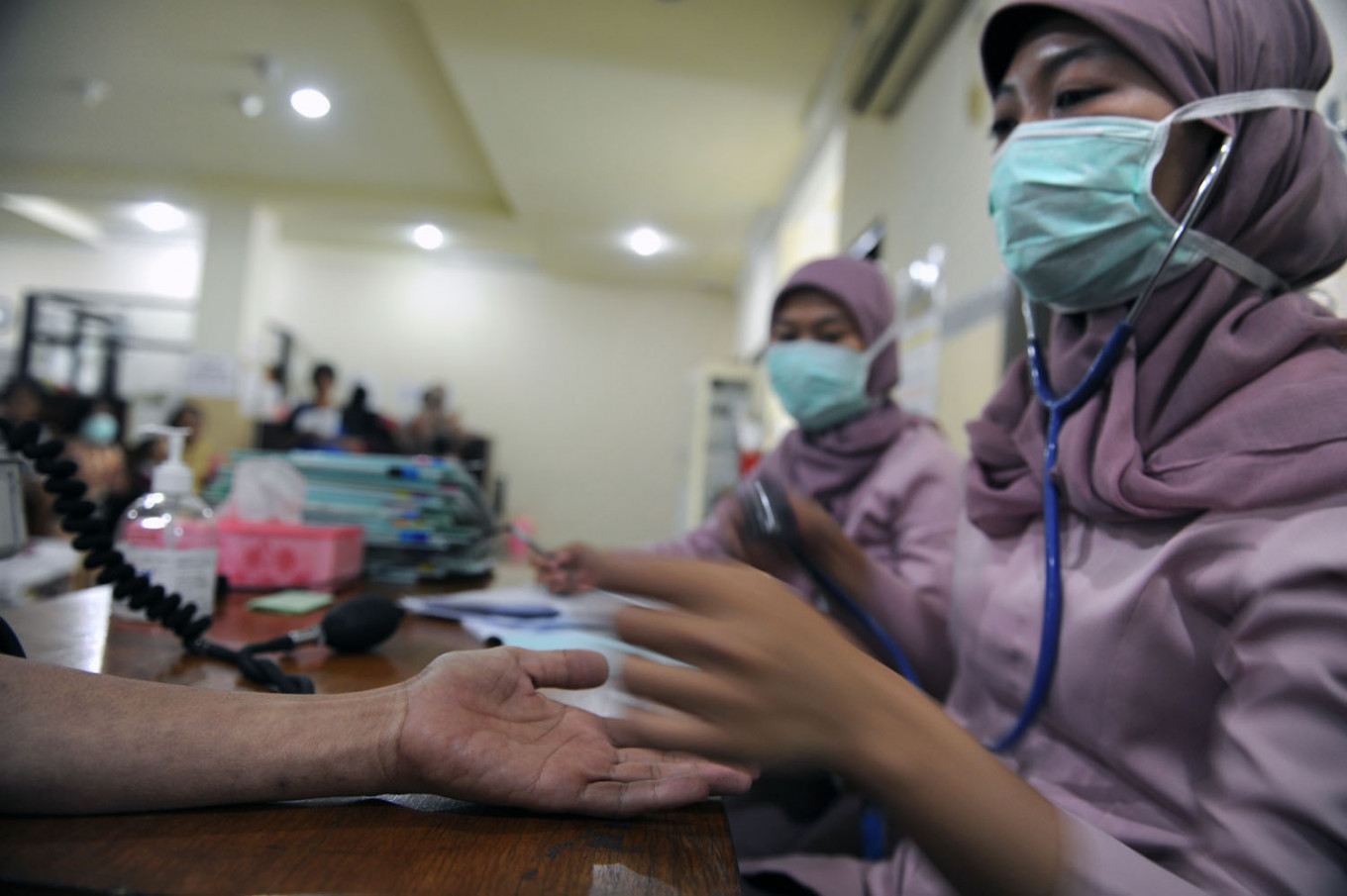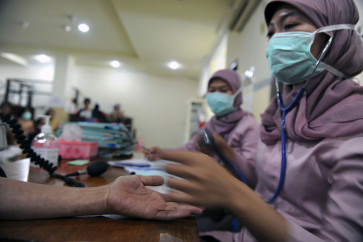Popular Reads
Top Results
Can't find what you're looking for?
View all search resultsPopular Reads
Top Results
Can't find what you're looking for?
View all search resultsEnding HIV, hepatitis by 2030 unlikely without drug-policy reform
World governments need to decriminalize drug use, drug possession for personal use, and the possession of drug paraphernalia.
Change text size
Gift Premium Articles
to Anyone
A
head of World AIDS Day, which falls on Dec.1, the Global Commission on Drug Policy publishes a report saying that an end to the HIV and hepatitis epidemics will remain elusive without drug policy reform and the participation of people using drugs worldwide. To learn more about the report, Rita Widiadana spoke with Adeeba Kamarulzaman, former president of the International AIDS Society and member of the Geneva-based Global Commission on Drug Policy, for The Jakarta Post. The following are excerpts from the discussion.
Question: How is the current global HIV and hepatitis situation and what is the world’s response to these epidemics?
In 2023, approximately 354 million people around the world are currently living with hepatitis B or C—that is more than the current population of the United States. People who use drugs, especially people who inject drugs, are at a higher risk for blood-borne HIV, hepatitis B (HBV) and hepatitis (HCV).
HIV and HCV infections are major public health threats worldwide. Studies reveal that people who inject drugs are greatly affected by both infections. Nearly one in five people who inject drugs are living with HIV and over a third live with HCV.
Globally, an estimated 14.8 million people inject drugs. In 2022, there will be around 5.8 million people who inject drugs living with HCV and 2.2 million people who inject drugs living with HIV.
In Indonesia, viral hepatitis is a significant public health issue. Currently, around 19 million people are infected with HBV and 2.5 million are infected with HCV, and mortality is increasing from both infections, according to Health Ministry data.
With an estimated 800,000 people living with HIV in Indonesia, around 29 percent are people who also inject drugs.



















